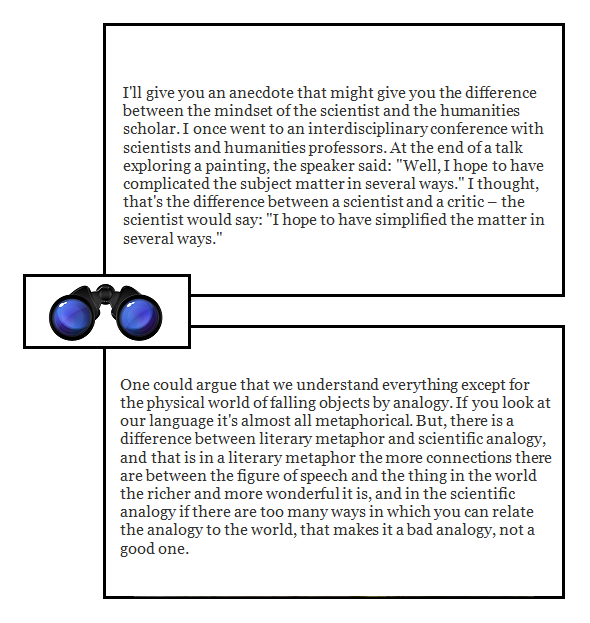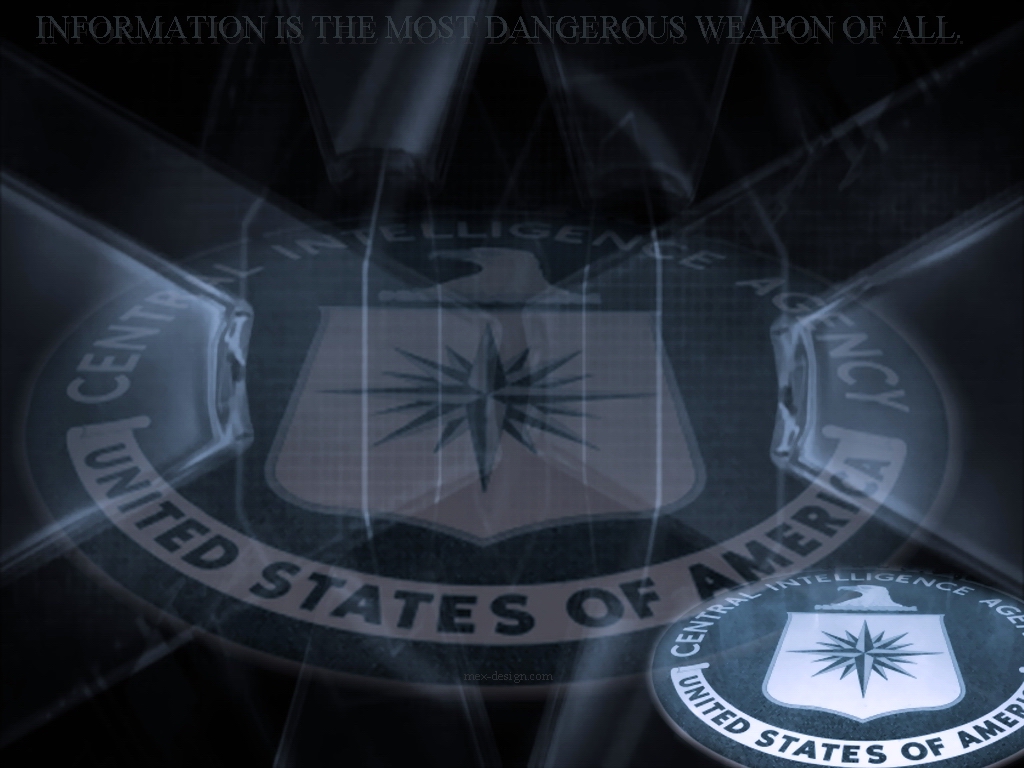Point and Counterpoint in Defining Warfare II.
Monday, December 10th, 2012A few comments on the article by Lt. Col. Jill Long at SWJ and the hardheaded critique by Jason Fritz of Inkspots to which I linked yesterday.
First, the attempt that Long was making in posing an alternative to Clausewitz was a laudable one, in the sense that every serious student who picks up a classic text, Clausewitz, Thucydides, Sun Tzu, Marx, Plato, Machievelli, Musashi and so on, should do more than simply try to understand the author and accept their views uncritically. Doing so would make you a parrot, not a scholar. Instead, we need to wrestle with and challenge the text; try to poke holes in the argument, turn it inside out and break it apart, if we are able. Sometimes we can make a legitimate chip or dent but most of the time, we are going to fail – the reason people have read these books for two or twenty centuries is because the arguments of brilliant minds within them continue to have enduring relevance.
I don’t think Long succeeded in her effort here, but if every officer had as part of their PME to formally construct an alternative to Clausewitz as she tried, we’d have a more strategically informed military and arguably one that better understood Clausewitz. If nothing else, Long was intellectually more courageous than the majority of her brother officers to make the attempt in the full glare of public scrutiny and that is praiseworthy
That said, “What is War? A New Point of View” is problematic. In my view, there are three major structural flaws in Long’s article: first, I don’t think she wrestled with On War to plausibly justify her opening claim that that Clausewitz’s definition of war was obsolete. As Colonel David Maxwell pointed out at SWJ, that kind of bold discussion requires some reference to CvC’s “remarkable trinity”. Jason Fritz was probably speaking for a Clausewitzian legion when he, quite correctly, jumped on her argument for using dictionary definitions(!), not tackling Clausewitz’s actual definition of war in asserting it was an anachronism or that such a definition can and does apply to non-state actors making war as well as states. You can’t make sweeping claims as a declaratory preface to the subject you’d really like to talk about – your audience will demand proof of your claim first.
The second major problem, is Long similarly dismisses the accepted definition of war under international law which is not only as equally large a field as Clausewitzian thought, it’s far larger and more important – being, you know – binding international law! Disproving either of these alone is a fit subject for a dissertation or a book, not a paragraph. Sometimes we must learn how to construct a melody before we attempt to write a symphony.
The third structural problem is one of basic epistemology. Long’s assertion that Clausewitz’s (or any ) definition is not sufficiently broad because it is simple and that her definition is because it is complex is fundamentally ass-backwards. The question of definitions is one of the oldest ones in Western philosophy and we know that simple and profound definitions are by nature broadly stated while the negative dialectical process of qualifying them narrows their scope of application by revising the definition in a more complex form.
Jason Fritz raised a very interesting objection in his rebuttal:
….Long fails to adequately describe how the world has changed or how the “Global Era” plays into this. She states that the terrorist attacks on September 11, 2001 have changed how we should perceive the world. It seems that the she believes that that day should have awakened Americans to the threat of non-state actors. Long also states that “‘interconnected systems of trade, finance, information, and security’ demand a larger perspective when considering the engagement of imposing national will on others.” Both of these points are stated in defiance of history. Globalists enjoy selling the greatness and threats of our “interconnected systems” in the modern day, but that presumes that the world is newly interconnected. We know this is not true. Interconnection in today’s world may be faster and easier, but it is not new. States and other political groups have interacted over the elements listed for millennia – look only to the period of global colonization to see how long we as humans have been at this. Long does not describe how today’s globalization is unique and why that changes how we define war.
There are important distinctions to be made here but my short comment would be that globalization has had a significant effect upon warfare but not upon war.
As Jude Wanniski once pointed out, there is and has always been only one “system” – the whole world. What globalization has changed among the constituent parts is the velocity of transactions, their frequency, the potential number of players making transactions, where the system has degrees of transparency and opacity, the incentives and capabilities of political “gatekeepers” to control exchange of information or goods among other things. It is a different global economy than the one under the auspices of Bretton Woods or the quasi-autarkic decade of the Great Depression or the first globalization that died in August 1914.
Most of these things have direct bearing on economics, politics or policy but indirectly on the conduct of warfare as well. Balance of comparative advantages can be altered, situational awareness of conflicts can be heightened and the line between de jure war and “mere violence” uncomfortably blurred. Generally, statesmen have reacted to globalization by imposing greater political constraints – usually more than would be tactically wise or efficient – on their own use of military force in less than existential conflicts. Generally, this is perceived as an aversion to taking or inflicting casualties and a legalistic-bureaucratic micromanaging of military commanders and troops.Whether such politically self-imposed limits are useful in pursuing a strategy for military victory is another question, one that can only be answered in specific contexts. Sometimes restraint and de-escalation is the best answer on the strategic level.
What was good in the Long article? In my view, the root idea of conceptualizing of war on a spectrum; it is a useful cognitive device that could accommodate nuances, ideal for examining case studies or changes in warfare over time. But would be more persuasive if developed with accepted definitions.






